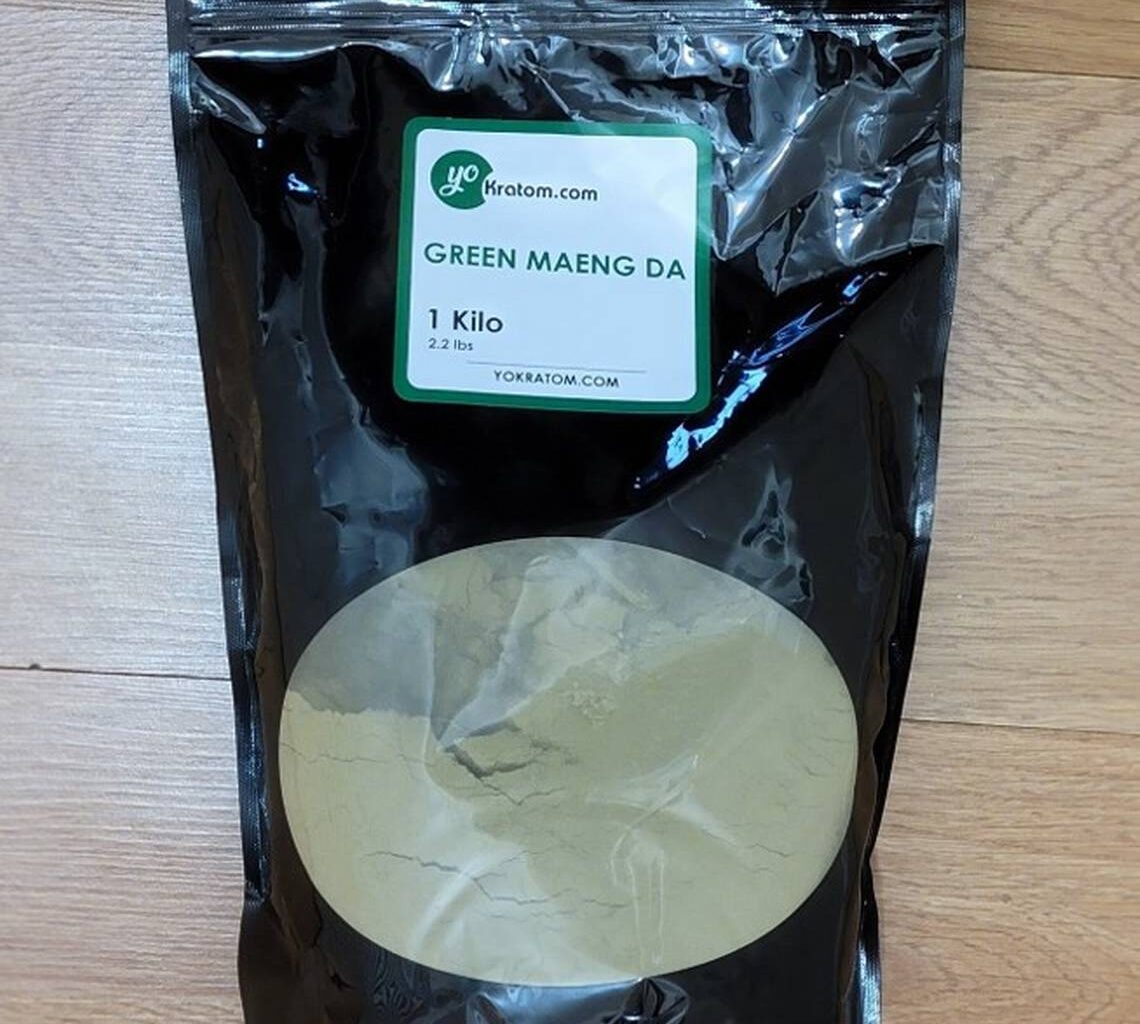A Myrtle Beach-based supplement supplier is facing accusations of selling products that caused the deaths of two adults.
Kailyn Stump, of Kansas, and Vincent Logan, of Virginia, died in July and August of 2023, respectively, after consuming powders they purchased from YoKratom, according to separate lawsuits filed by their family members.
The company, which markets kratom-based powders and capsules online, is registered to Ben Harrison, of Myrtle Beach. Attorneys representing Harrison and the company did not respond to a request for comment.
Kratom is a tropical tree native to Southeast Asia, and products prepared from its leaves have become popular yet controversial in recent years. An estimated 1.2 million Americans used it in 2021, often to self-treat conditions including pain, anxiety and opioid addiction, according to the U.S. Food and Drug Administration, which has not approved any drug products containing kratom and warned against using it as a dietary supplement.
How did kratom cause these deaths?
Stump was 25 when she died after consuming YoKratom products on numerous occasions, according to her family’s complaint. The deputy coroner ruled her probable cause of death as probable mitragynine toxicity. Mitragynine is the primary component of kratom.
“While fatal levels of mitragynine are not well established, the level found in Ms. Stump’s femoral blood is within the range of other cases where mitragynine was listed as the sole cause of death,” the deupty coroner wrote in the autopsy report.
Logan was 32 when he died after consuming kratom and suffering a seizure, according to his family’s suit. He had ordered 2 kilograms of kratom powder from YoKratom on five separate occasions during a two-month span leading up to his death, the family alleged.
Both complaints accuse the vendor of failing to properly disclose the dangers of kratom use, which the complaints describe as addictive, with effects that can mimic those associated with cocaine in lower doses or heroin in higher doses.
Logan had recently been diagnosed with epilepsy, according to his obituary, and his family described him as “a kind soul, very compassionate, witty with jokes, and a hard worker. He loved cooking and the outdoors, enjoying frequent hikes at state parks.”
Stump’s family described her as “tender hearted, smart and (with) a witty sense of humor,” according to her obituary.
The FDA previously sent Harrison and his company a warning letter in 2022 advising that he cease and desist marketing his products as offering treatment for opioid addiction and withdrawal because that establishes them as drugs, which would be illegal without FDA approval. The agency advised Harrison he could face fines up to $46,000 per violation if he didn’t stop, and the website doesn’t appear to make those claims currently.
Kratom lawsuits nationally
YoKratom hasn’t responded to the lawsuit about Logan’s death, which was just filed this week, but the company has asked a judge to dismiss the case filed by Stump’s family. It argues the product at issue is a natural whole leaf powder, and that a recent FDA study found kratom use did not lead to serious adverse effects.
Eli Cohen, an attorney representing Stump’s family, said the study the company is citing was only conducted for a short time at relatively low doses and doesn’t match how consumers are using it, particularly those who become addicted.
Cohen said he’s currently representing more than a dozen clients in 10 states suing kratom vendors for product liability. He explained that while kratom is in a sort of legal grey area as a supplement, its legality doesn’t change a company’s duty to sell a safe product, including proper labeling and usage warnings.
A judge ordered a kratom distributor in 2023 to pay $11 million to the family of 39-year old Florida woman who died from “acute mitragynine intoxication,” according to the Miami Herald.
Attempts to regulate kratom
South Carolina, earlier this year, became one of 18 states to pass a Kratom Consumer Protection Act, which provides state-level regulations governing the sale of kratom products, according to the American Kratom Association, which advocates for these laws. Seven states have banned in some manner the sale of kratom products, according to the association.
Mac Haddow, a senior fellow on public policy for the kratom association, explained that regulation is needed to help ensure consumers are receiving safe products, particularly as there has been a spike in synthetic products being marketed as kratom that are much more potent and dangerous.
As far as deaths being attributed to kratom usage, Haddow said coroners and medical examiners are often relying on outdated, unjustified information previously provided by the FDA to label mitragynine as a sole cause of death.
He pointed to a CDC study of kratom-related overdose deaths that found the vast majority of people whose deaths were attributed to kratom had multiple other drugs in their system. Haddow noted that doesn’t necessarily mean these people knowingly consumed other drugs, but the kratom product could have been adulterated.
He advised potential users of kratom to buy from a reputable dealer and read the label fully before consuming.
